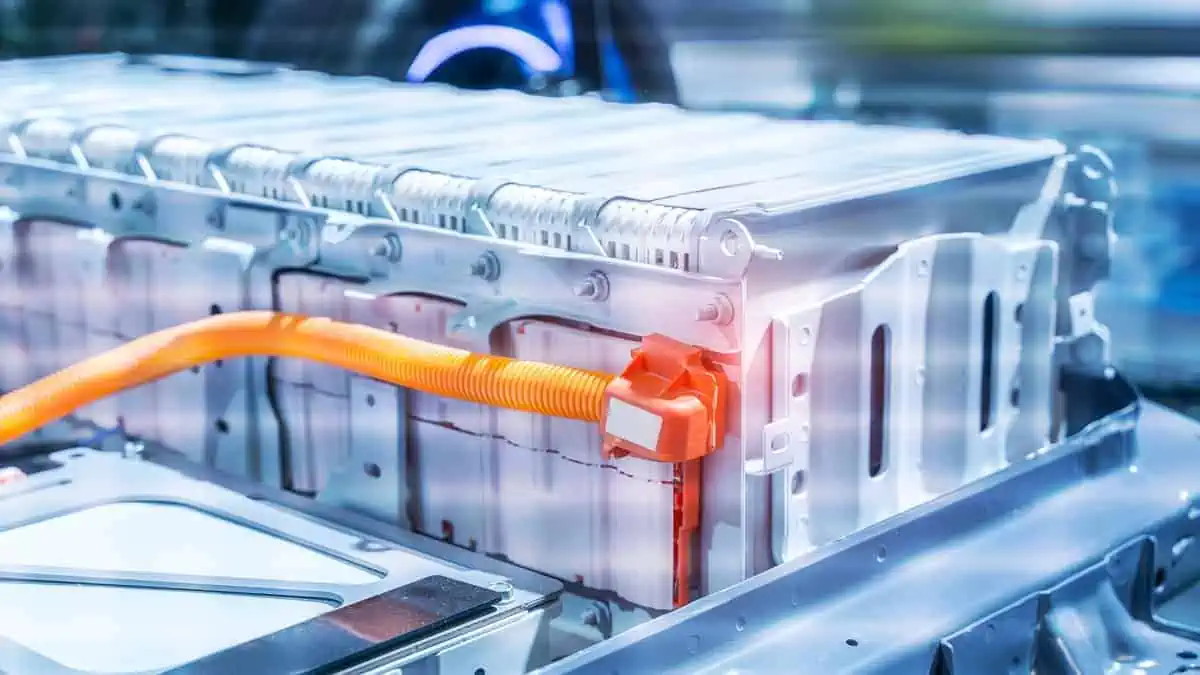Biden administration’s imposition of the Inflation Reduction Act has greatly aided the country in establishing domestic electric vehicle production. However, a brief clause indicated in the bill also pushes industry players to bring in their power battery production.
This strategy enables the US to boost its economy through this emerging industry and cut its reliance on China.
How does the IRA promote domestic battery production?
A brief clause in the US Inflation Reduction Act under the title “Advanced Manufacturing Production Credit” indicates that companies investing in domestic battery cell and module production will qualify for 10-year worth of federal tax credits.
Notably, companies recycling EV batteries in the US would benefit from government subsidies regardless of source. Apparently, the worth of those subsidies is double because automakers utilizing US-recycled battery components will also benefit from local vehicle production incentives.
“[The IRA] changes how [we can provide] all of these batteries that the market now wants and is demanding.”
Ascend Elements CEO Mike O’Kronley (via CBS MoneyWatch)
In fact, the battery material firm aims to develop a factory in Kentucky and launch it in Q4 2024 by leveraging $480 million from two distinct subsidies from the DOE.
Electric vehicle adoption progresses
The wide adoption of electric vehicles in the US is continuously advancing as people start to realize the significance of clean energy mobility.
Edmunds’ data revealed that EVs accounted for 6.7% of the US’ overall vehicle sales as of May 2023. This figure represents a notable improvement from last year’s 5.2% share.
Furthermore, Experian’s data also showed that the US EV registrations surged to a record-setting 60% in Q1 2022. This figure accounts for 4.6% of the country’s overall vehicle registrations.
The US EV industry still has more room for growth. However, it first needs to address the looming shortage of batteries, given that they demand critical minerals mostly sourced abroad. That said, the US must really establish its own local supply chain to prepare for the growing number of EVs on the road.
“Having more control over the supply chain is really important for automakers continuing to produce vehicles, so we don’t have shortages and prices for consumers don’t go sky hig.”
Ascend Elements CEO Mike O’Kronley (via CBS MoneyWatch)
Notably, China remains the dominant economy when it comes to EV battery production owing to its abundant critical mineral reserves and remarkable battery recycling facilities. ACS Energy Letters’ paper indicated that China’s battery recycling capacity was threefold greater than the US as of 2021.
In that sense, research company EMR forecasts the global battery recycling industry to expand by over 60% to $18 billion by 2028.
How can battery recycling aid the US EV market?
JD Power suggests that EV batteries generally take 10-20 years before requiring replacement. Instead of disposing these batteries, the US must explore recycling.
“One way to help offset the need for additional mining is essentially to recycle the [EV] batteries or to recycle all lithium-ion batteries and to harvest the valuable metals that are in them and then put them back into the battery supply chain.”
Ascend Elements CEO Mike O’Kronley (via CBS MoneyWatch)
That said, the US can potentially cut its dependence on battery materials exports by including recycling in the federal subsidies.
“As a country, we don’t necessarily want to be reliant on China for such a crucial component of a key technology that will enable [the US’ clean] energy transition.”
Ascend Elements CEO Mike O’Kronley (via CBS MoneyWatch)
See Also:
- The US EV battery sector might gain $100 billion from the Inflation Reduction Act
- BofA Global says Inflation Reduction Act could shift EV battery composition
- US-India JV commits $1.5B to establish solar manufacturing plants in the US
- Tesla battery suppliers enjoy shares growth amidst IRA tax credits
- 6 EV-makers disqualified from tax credit of up to $7,500 due to new battery sourcing requirements
The US’ aggressive electrification initiatives are indeed remarkable as they effectively encourage global industry players to invest in the country. It also urges more customers to join the sustainable mobility transition.
However, it must prepare for the looming battery shortage, considering that increasing numbers of EVs are hitting the US road. As experts suggest, battery recycling might be the holy grail for the US to achieve its full potential in terms of EV uptake.





